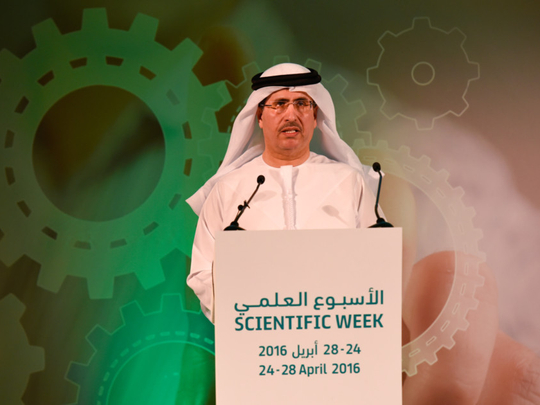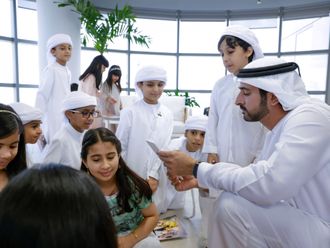
Dubai: The Dubai Electricity and Water Authority (Dewa) has recently begun using an innovative mix of materials called ‘Dubai Smart Soil’ to provide more reliable and efficient power supply to residents and save the government millions of dirhams annually.
Power is distributed across the city through cables buried underground. These cables have a specific capacity and tend to give off heat as electricity passes through them. Trench backfill materials such as soil are placed on the cable to ensure the heat generated is dissipated or transferred to enable the cable to function properly and not overheat and fail.
Dewa started using UAE’s native sand as backfill materials in 2012 but recently improved their mix of materials to improve cable efficiency in what they now call the Dubai Smart Soil.
“In the past, when you laid the cables, there was a problem in the carrying capacity of the cable. When we put soil, the heat dissipates. The reliability of the carrying capacity of the cable increases, meaning efficiency increases as well,” Saeed Mohammad Al Tayer, managing director and CEO of Dewa, told Gulf News on the sidelines of Dewa’s 6th Science Week.
“We started using this sand a long time ago but just recently improved the mix to improve reliability of the power supply.”
The Dubai Smart Soil is a special mix of red dune sand and small gravel with precise humidity and compaction levels. It is used to cover or surround the cable up to about 30cm to 40cm thick.
“We have conducted a study and have done a pilot project and managed to increase the cable capacities by up to 20 per cent. So we can push more power into the current network around the substation and this will be very helpful in congested areas of the city,” Yousuf Jebril, executive vice-president - Power and Water Planning at Dewa, said.
Based on Dewa’s study, using the smart soil will result in around Dh8 million savings in capital investment per substation because capacity is increased without having to lay new cables or build new circuits. Dewa builds an average of 20 substations a year.
Jebril said Dewa aims to have a pilot project for two substations this year and proceed with large-scale implementation by next year.
The smart soil can be used in new and existing substations or whenever a cable laying operation is done. The city has a total cable network of more than of 35,000km.
“Ultimately, one of our objectives is to please our customers and one way of doing that is through providing them with reliable supply of power and [in whatever amount] of power they require. This is part of building a sustainable power network in Dubai,” Jebril said.












